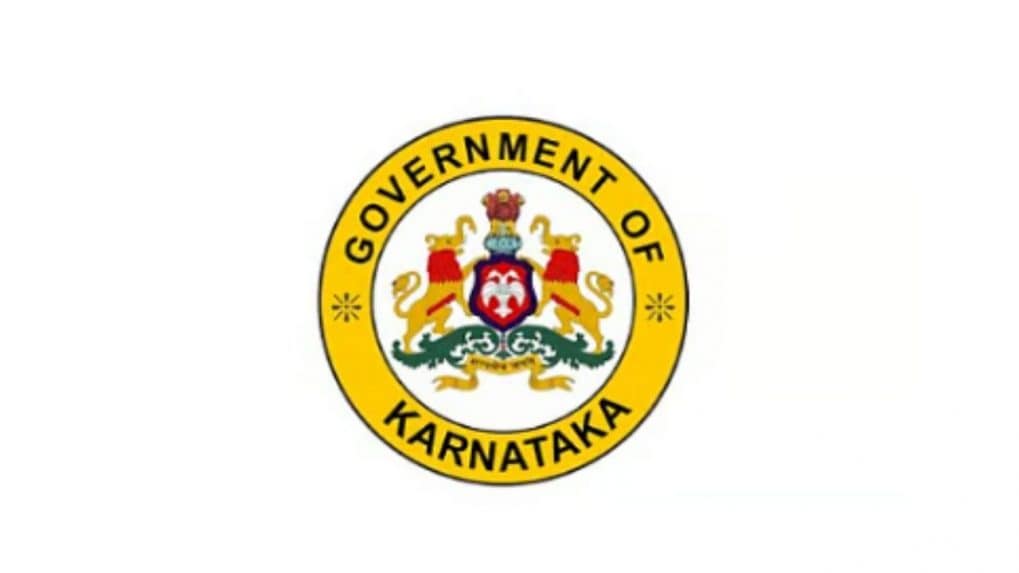Karnataka may move SC against Centre’s Online Gaming Act over federal overreach
With Karnataka mulling to challenge PROGA, 2025 in Supreme Court, it is yet to be seen if opposition ruled states like Tamil Nadu will join the legal battle.
ADVERTISEMENT
The Karnataka government is preparing to challenge the Promotion and Regulation of Online Gaming Act, 2025 (PROGA) in the Supreme Court, arguing that the central law infringes upon the constitutional powers of states. The move comes as the controversial legislation faces mounting criticism for disrupting India’s multi-billion-rupee real-money gaming (RMG) industry.
A top government official said, the state is “actively evaluating legal options” and may soon seek to join the batch of petitions already pending before the apex court. “The Centre has clearly encroached on subjects that fall within the State List,” said a person aware of the matter. “We support regulation, not prohibition, but the Union has no constitutional authority to legislate on betting and gambling, which are state subjects.”
Legal experts echo this concern, calling the Act a “colourable exercise of power” that disregards India’s federal structure. “Digital transmission does not magically convert a state subject into a Union subject,” said a senior counsel requesting anonymity. “The law oversteps the boundaries of legislative competence and risks setting a precedent for central overreach in other sectors too.”
With Karnataka mulling to challenge PROGA, 2025 in Supreme Court, it is yet to be seen if opposition ruled states like Tamil Nadu will join the legal battle.
Supreme Court bench comprising Justices J.B. Pardiwala and K.V. Viswanathan heard a batch of petitions challenging PROGA. The court directed the Union government to file its response and fixed November 26 as the next date of hearing.
The petitions—filed by leading gaming firms including Head Digital Works (operator of A23), Clubboom 11 Sports and Entertainment Pvt. Ltd., and Bagheera Carrom (OPC) Pvt. Ltd.—contest the constitutional validity of the Act, which imposes a blanket ban on all online games played for stakes, whether based on skill or chance.
“The ban has crippled legitimate gaming platforms, causing massive business and employment losses,” the petitioners argued. The matter was transferred to the Supreme Court after the Centre requested consolidation of similar challenges pending before multiple High Courts.
Advocate Pranav Bansal, representing chess player Manav Arya, also sought the inclusion of states as parties in the case. “The petitioner’s livelihood, based on professional gaming tournaments, has been hit,” Bansal told the court, underscoring the tension between state-level laws and PROGA’s central provisions.
Karnataka Voices Strong Opposition
Karnataka’s Information Technology and Biotechnology Minister Priyank Kharge has emerged as one of the strongest critics of the Centre’s decision. In a post on X, Kharge warned that the move could cripple India’s gaming ecosystem, threatening over 2,000 startups and two lakh jobs across IT, AI, and design.
“India earns ₹20,000 crore annually through GST and income tax from online RMG. The ban means states lose this revenue stream,” Kharge said. He noted that India attracted ₹23,000 crore in FDI over the last five years in the sector and that a blanket prohibition could “push investors away.”
He also cautioned that abrupt restrictions could lead to an “ecosystem collapse,” affecting industries tied to digital gaming—from advertising and data centres to cybersecurity and sponsorships, collectively worth around ₹7,000 crore annually.
Kharge argued that bans do little to address social harms like addiction or suicides and, instead, drive users to unregulated offshore platforms estimated to handle ₹8.2 lakh crore annually. “Why the rush to ban now when the Supreme Court is still examining whether the Centre even has the jurisdiction to regulate?” he asked.
Industry and Legal Experts Call for Balanced Regulation
Industry bodies have called for a balanced framework rather than prohibition. “The sector isn’t asking for immunity—only clarity,” said a gaming policy consultant. “A central law that ignores state powers will face constitutional hurdles, but a harmonized model law could offer the consistency businesses need.”
Experts believe Karnataka’s potential challenge could reshape the contours of India’s digital economy jurisprudence. “This case isn’t just about gaming—it’s about how far the Centre can go in regulating digital sectors that overlap with state subjects,” said another senior lawyer. “The verdict could redefine the limits of cooperative federalism in the tech age.”
As the matter heads for another hearing later this month, all eyes are on whether Karnataka’s formal intervention will widen the debate over federal powers and the future of India’s online gaming industry.

